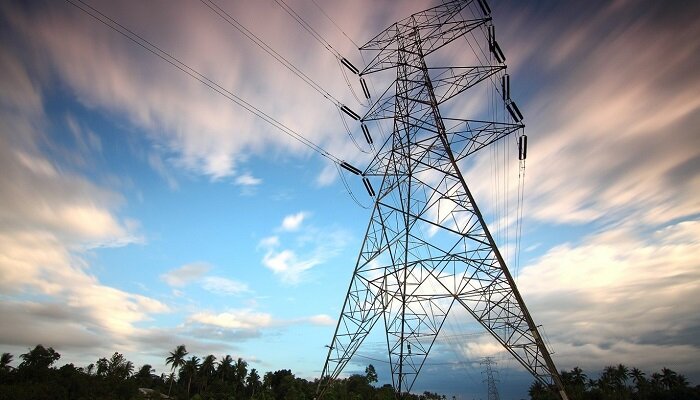The governing board of the Climate Investment Funds (CIF) endorsed a wide-ranging investment plan to fast-track the transformation of Colombia’s energy system and help enable its grid system to absorb and channel more clean power.
A first-of-its-kind investment in South America, the decision provides Colombia with access to $70 million in highly concessional capital to scale clean energy transmission solutions, advanced metering, and other efforts designed to make integrating variable renewable energy more flexible, cost-efficient, and resilient.
This includes support to improve access to electricity in rural areas and expand electric vehicle infrastructure, advancing national electric mobility targets. It will also help scale battery storage technologies and sustainable public transportation networks, while financing feasibility studies for prospective green hydrogen projects.
Implemented by the Inter-American Development Bank, the investment plan is estimated to mobilize at least $280 million in additional capital from various sources, including public development banks and carbon finance markets, for scaling transmission technologies and business models that are not yet commercially viable or prevalent in Colombia.
This is the first transaction from CIF’s Renewable Energy Integration (CIF REI) program, to date the only multilateral platform specially designed to help developing countries prepare national power systems for rapid and scaled adoption of renewables.
As more clean energy comes online in Colombia and globally, finance is needed to help energy systems prepare for its rapid uptake. It is estimated that infrastructure investments will need to ramp up to $820 billion annually by 2030 to facilitate the decarbonization of power systems.
A renewable energy transformation is already underway in Colombia; the country generated record levels of solar power in 2021. However, non-hydro renewable sources still represent less than 2% of Colombia’s installed generation capacity, exposing the electric system to risks. Moreover, the country faces high costs and steep barriers to modernizing its transmission infrastructure and transporting renewable electricity safely and reliably, particularly to off-grid regions. Colombia has set a target of reducing emissions by 51 percent before 2030.





































